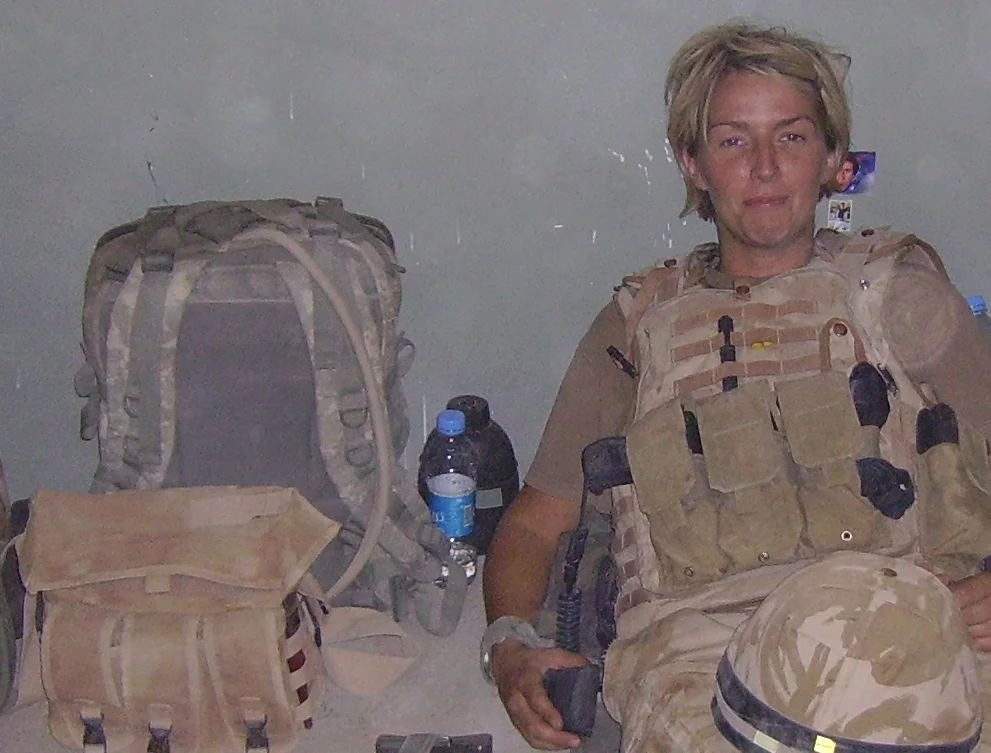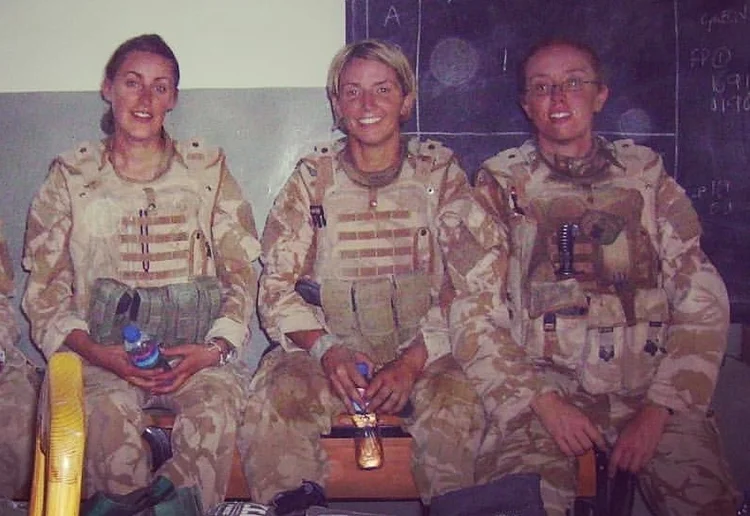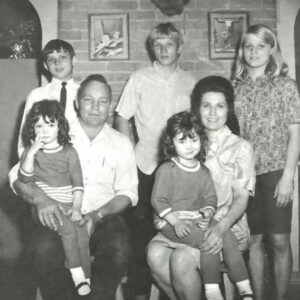A combat medic is trained to save lives, often in the worst conditions imaginable. But Staff Sgt. Chantelle Taylor’s story is one of raw courage that went even further, proving that true strength isn’t just about the battles you fight, but about the lives you save in the middle of the fire. Her journey, from a housing estate in Plymouth to the front lines of Afghanistan, is a powerful story of resilience.
In 1998, at just 22 years old, Chantelle Taylor joined the British Army. The youngest of five, she was far from the world of military discipline. The initial training was a brutal shock. The grueling physical demands and harsh discipline were designed to break recruits down and rebuild them as soldiers. Taylor struggled at first, but she didn’t quit. Step by step, she found her strength and her calling in the Royal Army Medical Corps.
She had chosen one of the few roles available to women that had the word “combat” in the title: Combat Medical Technician. That word mattered. Taylor didn’t want to be safe in a hospital far from the fight; she wanted to be on the front lines, sharing the same risks as the soldiers she was there to protect.
Forged in Chaos
Her early deployments were a trial by fire. These were not simple training classes; they were a harsh education in the reality of war. In Kosovo in 1999, she found herself working with Canadian forces on the grim task of exhuming mass graves—a soul-crushing witness to war crimes. Just a year later, in Sierra Leone, she was thrust into a brutal conflict, learning to treat catastrophic battlefield injuries while also confronting the haunting reality of child soldiers.
These experiences forged her. She learned to compartmentalize, to focus on the mission: saving the life in front of her. This resolve was tested again when personal tragedy struck in 2002. Her brother David was killed. In the face of grief that could have broken her, Taylor poured herself into her career, answering the call to serve in Iraq in 2003.
By 2006, Taylor was in Afghanistan, a conflict that would come to define her service. Her first tour placed her in the main hospital at Camp Bastion. It was a world of organized chaos, a tented facility where she worked long, draining hours. She witnessed an endless flow of casualties from Helmand Province, watching surgeons perform medical miracles while fearing for her own fiancé, who was serving on the front lines.
In 2008, she returned to Helmand, this time determined to be at the “sharp end.” She got her wish. Initially stationed at headquarters in Lashkar Gah, she was responsible for making life-or-death decisions, coordinating casualty evacuations—”cas-evacs”—while units were under active fire. She then joined armored convoys, pushing through treacherous, IED-laced canal tracks, knowing every mission could be their last.

The Moment That Made History
It was during one of these convoy missions, near Marjah, that the world stopped. The sudden crack of gunfire erupted as Taliban fighters launched a full-scale ambush. The air tore apart. Bullets hammered the armored vehicles. Taylor’s vehicle was taking direct hits.
In that instant, her training took over. She didn’t just hide. She didn’t just think about treatment. She raised her SA80 rifle, sighted an insurgent who was targeting her vehicle, and returned fire.
She killed him.
In that single, terrifying second, Staff Sgt. Chantelle Taylor became the first female British soldier to kill an enemy combatant at close quarters.
There was no time to process it. No time to even breathe. The radio crackled with urgent reports of wounded soldiers in the rear vehicle. The ambush was still raging. Without a second thought, Taylor and her commanding officer sprinted through the open kill zone, gunfire still tearing through the air.
She was a medic first. She and her CO reached the casualties, applied tourniquets, and started treatment under fire, stabilizing the wounded and coordinating their evacuation. Her own life had been on the line seconds before, and her only response was to risk it again to save others.
The Longest Battle
Her tour was far from over. Taylor was later attached to B Company, 5th Battalion of the Royal Regiment of Scotland, for a brutal seven-week battle at Nad-e Ali. It was a relentless, grinding siege. Of the 100 men in her unit, 66 became casualties.
For seven weeks, Taylor and her team were in a constant race against the clock. The heat was oppressive, and exhaustion was a given. Under constant enemy attack, they worked tirelessly. Their world shrank to one single, critical mission: stabilize injuries, minimize blood loss, and get the wounded onto evacuation helicopters that had to land under fire. Her skill and courage were directly responsible for the survival and recovery of men who would have otherwise died in the dust of Helmand.
Through this, Taylor earned the ultimate respect. She wasn’t “the female medic.” She was their doc, a soldier. She was part of the brotherhood, respected for her tactical awareness, her calm under fire, and her unshakeable will.
When she finally returned home, she was promoted to staff sergeant and recommended for an officer’s commission—a path that would have taken her to the top. But Taylor chose a different path. She left the Army. As a mark of their profound respect, her comrades presented her with a Pegasus trophy, an honor normally reserved for elite paratroopers.
But a calling like hers doesn’t just end. This isn’t a skill you learn to get a university degree and then forget. In 2009, she was back in Afghanistan, this time as a civilian with the US Department of State, training Afghan National Army medics. Later, she served in diplomatic security, protecting the Australian ambassador to Iraq.
Chantelle Taylor’s journey is an extraordinary testament to resilience. She didn’t just witness history; she made it, proving that the heart of a warrior and the hands of a healer can exist in the same person.


